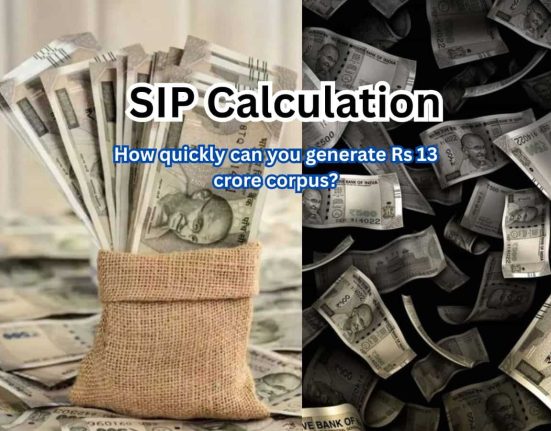Question: “I will turn 73 in June and I don’t know when I should take my first RMD. I really do not need the funds and would like to move them from the present 401(k) account and open a Roth account. My concern is that I’m not sure what my options are to pay the least amount of taxes. If I rollover the funds in my 401(k), should I rollover the entire amount? What’s the best thing for me to do? How would an adviser be able to help me?” (Looking for a new financial adviser too? You can use this free tool from our partner SmartAsset that can match you to a fiduciary adviser, as well as resources like NAPFA and the CFP Board.)
Answer: When you turn 73, you’re typically required to take the RMD, unless you were born after 1960, in which case it’s age 75. (Note that the IRS allows participants in active 401(k)s to delay taking RMDs until the year they retire; you can read more about this here.)
Have an issue with your financial planner or looking for a new one? Email questions or concerns to picks@marketwatch.com.
One thing to immediately note is that transferring your money from a traditional 401(k) to a Roth IRA can complicate your taxes. In terms of moving money to the Roth, that would likely be considered a Roth conversion. “A conversion does not satisfy the RMD,” says Joe Favorito, a certified financial planner at Landmark Wealth Management. “The RMD must be taken in addition to any amount converted, further increasing the taxable income for that year. Unless this is a relatively small balance, most of the time any conversions added to your RMD can run the risk of significantly increasing your annual tax rate.”
If you don’t need the RMD, you could take the after-tax amount and use it to contribute to a Roth IRA up to $8,000 if you or your spouse still have earned income from employment and your adjusted gross income is below $150,000 or $236,000 jointly, says Favorito. “It makes sense to rollover a 401(k) to a pre-tax IRA due to increased investment options, but I would proceed with caution on any conversion. A Roth conversion typically offers more benefits to future beneficiaries than it would to someone at RMD age,” says Favorito.
Remember that the entire amount you withdraw from your 401(k) is considered income. “Also, remember that any RMDs you have to take from your traditional 401(k) cannot be converted to a Roth IRA as they are mandatory withdrawals,” says Alonso Rodriguez Segarra, certified financial planner at Advise Financial. In other words, if you convert you face taxes.
If you’re still unsure about how to proceed, an adviser can help analyze your tax situation and see how to handle RMDs. “RMDs are genuinely complicated and have many moving parts, so it’s essential to consult with a CFP who works hourly or on a project basis to help you run different scenarios and determine which one best suits your taxes, investments and your ability to meet your financial goals,” says Segarra.
Generally speaking, Mark Humphries, a CFP at Sentinel Financial Planning, says an adviser should provide a cost comparison of the fees associated with your 401(k) and the IRA. “Other information should be taken into consideration when comparing the fees you’re paying such as individualized advice and range of investment options,” says Humphries.
Ultimately, a good financial adviser will help you make decisions about taxes and investing that fit your unique situation and circumstances. “401(k) plan sponsors and its service providers do not offer this type of individual advice, however, if the plan’s service providers do offer advice, you will pay an additional fee,” says Humphries.
The best thing for you to do is to meet with a financial adviser who is a fiduciary, meaning they’re required to put your best interests ahead of their own. “You can find an adviser who is a fiduciary under the Investment Advisor Act of 1940 by searching various financial industry association websites like the CFP Board’s letsmakeaplan.org, the National Association of Personal Financial Advisors (NAPFA) find-an-adviser tool or through XY Planning Network,” says Humphries. You can also use this free tool from our partner SmartAsset that can match you to a fiduciary adviser.
Have an issue with your financial planner or looking for a new one? Email questions or concerns to picks@marketwatch.com.
Questions edited for brevity and clarity. By emailing your questions to The Advicer, you agree to have them published anonymously on MarketWatch; they may appear anonymously in other media and platforms.







